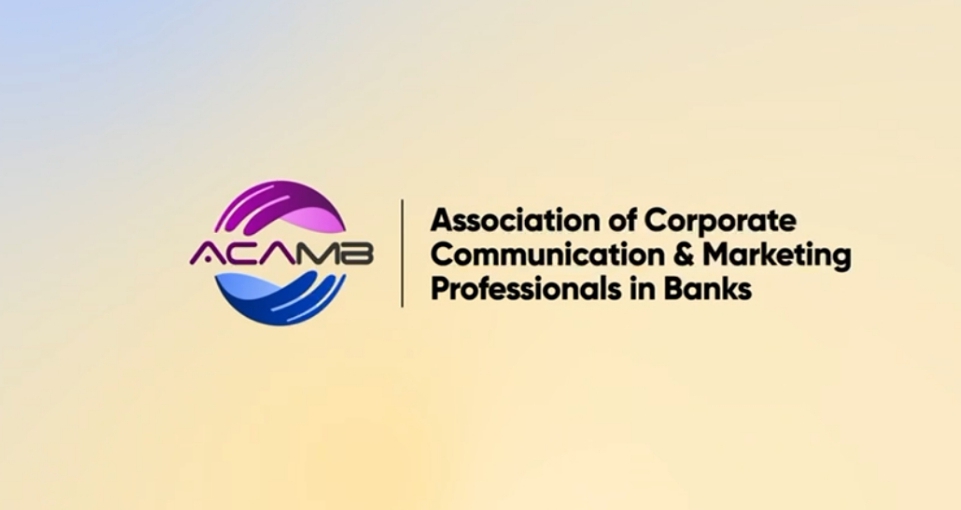ACAMB Rebrands and Expands Membership to Include Marketing Professionals

The Association of Corporate Affairs Managers of Banks (ACAMB) has announced a rebranding along with an expansion of its membership to incorporate marketing professionals within the banking sector. Despite the organisational name change, it will continue to operate under the original acronym, ACAMB.
The association unveiled its new identity during a gala event held recently, as part of a three-day retreat in Abeokuta, Ogun State. The occasion marked a significant milestone in the organisation’s evolution and strategic direction.
Rasheed Bolarinwa, President of ACAMB, explained that the organisation will now be known as the Association of Corporate Communication and Marketing Professionals in Banks, while maintaining the ACAMB acronym. He emphasised that this change goes beyond mere nomenclature, representing a broader expansion of the association’s mandate.
Bolarinwa stated, “It is the formal expression of what ACAMB has already become: a coalition of innovators and leaders who shape narratives, influence trust, and connect banking to the heartbeat of the Nigerian people.”
He further elaborated, “We are no longer just communication officers — we are bridge-builders, storytellers, and reputation stewards; ensuring that our industry’s impact is seen, felt, and understood.”

The event also marked the inauguration of a new board of directors. Dr. Tunde Lemo, a former Deputy Governor of the Central Bank of Nigeria (CBN), was appointed as Chairman. The board also includes three past ACAMB presidents; Nkechi Ali-Balogun, Lanre Alabi, and Eddy Ademosu, alongside other distinguished members such as Epa Eboigbe, Hajiya Lantana Ahmed, Folake Ani-Mumuney, and Fadekemi Ajakaiye.
Founded in 1996, ACAMB was initially established to address negative perceptions of the banking industry, restore ethical standards, and rebuild public confidence. Today, the association continues to serve as the voice of the industry, fostering positive perceptions and addressing reputational challenges as Nigeria’s banking sector emerges stronger within local, sub-Saharan, and African markets.


